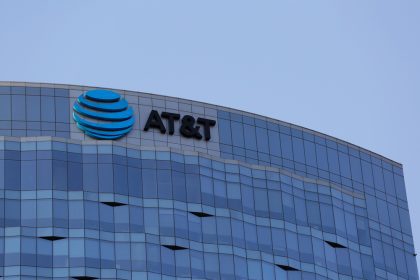
Just how white is Silicon Valley?
Silicon Valley may be whiter than we think, and the big boys on the block — Google, Apple and Yahoo among them — have successfully refused a Freedom of Information Act request to disclose the racial and gender breakdown of its work force according to the Mercury News.
First things first, the U.S. Department of Labor collects the racial and gender information from these firms anyway, so the data is there, it’s just a matter of releasing it to the public.
The Mercury News petitioned Silicon Valley firms to release the racial and gender breakdown of their companies, and of the 15 contacted, five (Apple, Google, Oracle, Yahoo, and Applied Materials), vigorously fought the request, citing that such information would cause “commercial harm.”
The publication and the tech firms battled for 18 months, and finally the U.S. Department of Labor sided with the tech firms. It ruled that releasing information such as the number of black executives on staff is akin to releasing business strategy secrets in the highly competitive tech industry.
Hewlett-Packard also fought the Freedom of Information Act request and lost.
As of 2005, a review of the 10 largest tech firms that did release the data reflects that of the 30,000 Silicon Valley workers, only about 2,200 were black or Hispanic. These 10 firms experienced an overall work force growth of 16 percent, however, Hispanic workers declined by 11 percent; black workers declined by 16 percent.
Additionally, the pool of blacks and Hispanics in managerial roles dropped by 20 percent; of the 5,900 tech managers, a mere 300 were people of color.
The tech firms’ refusal to disclose the makeup of their work force is at odds with their personas of diversity, for example, Apple has used Gandhi and Dr. Martin Luther King in its ads, and Hewlett-Packard has used Jay-Z as a pitchman.
Further, Google (with a work force of 20,000) has donated money to the National Society of Black Engineers; contributed $8 million in 2009 to help underrepresented minorities enter careers in technology, and it also sent laptops to more than 600 schools, all in an effort to diversify the tech industry.
Google, Apple and Yahoo’s refusal to release data doesn’t indict them for not having a diverse work force, but they do look suspect for fighting so hard to keep the gender and racial makeup of their firms under wraps.
Stanford University law professor Richard Ford stated that it’s problematic that these major firms are not required to release their work force data. “The whole debate on affirmative action is based on the question, ‘Is racial discrimination a thing of the past, or is it still going on?’ ” Sims said. “These companies are very interesting to look at, because they are new and they are not just in the rut of what they were doing 50 years ago, because they didn’t exist 50 years ago.”
















